ECS shows its vision for the future of academic publishing
 ECS is celebrating Open Access Week this year by giving the world a preview of what complete open access will look like. From October 24th through October 30th, we are taking down the paywall to the ECS Digital Library, making over 132,000 scientific articles and abstracts free and accessible to anyone.
ECS is celebrating Open Access Week this year by giving the world a preview of what complete open access will look like. From October 24th through October 30th, we are taking down the paywall to the ECS Digital Library, making over 132,000 scientific articles and abstracts free and accessible to anyone.
Eliminating the paywall during Open Access Week is a preview of ECS’s Free the Science initiative; a business-model changing plan with the goal of making the entire ECS Digital Library open access by 2024. ECS believes that the opening and democratizing of this information will lead to rapid advances in discoveries ranging from renewable energy to clean water and sanitation.
“ECS has one core goal: to disseminate this scientific research to the broadest possible audience without barriers,” says Mary Yess, ECS Deputy Executive Director and Chief Content Officer. “The research of our authors has the ability to address some of the most critical issues across the globe, and we believe paywalls should not impede progress.”


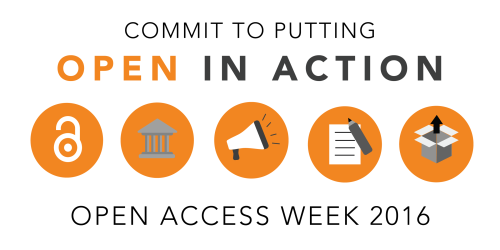
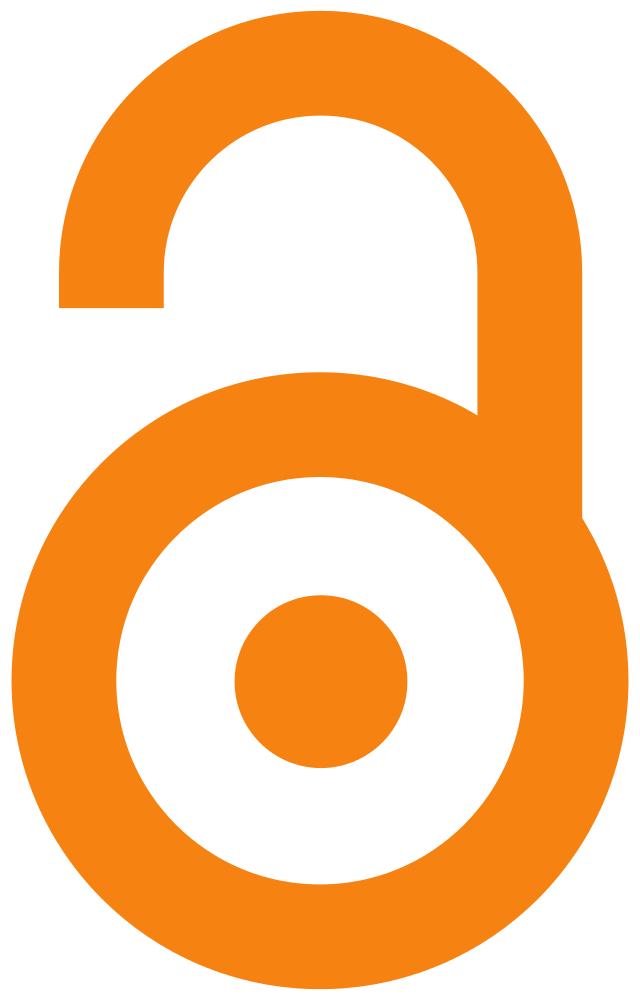 The last week of October is
The last week of October is 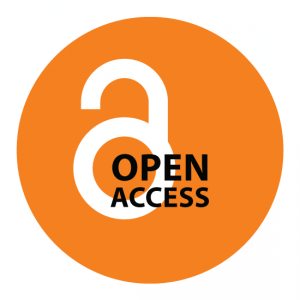 At ECS, we offer your institution a subscription to
At ECS, we offer your institution a subscription to 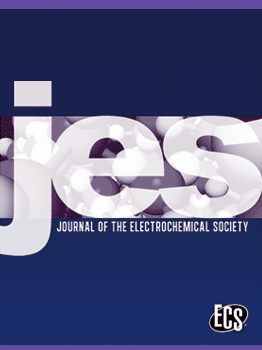 Scholarly publishing news has been buzzing about 1science’s
Scholarly publishing news has been buzzing about 1science’s 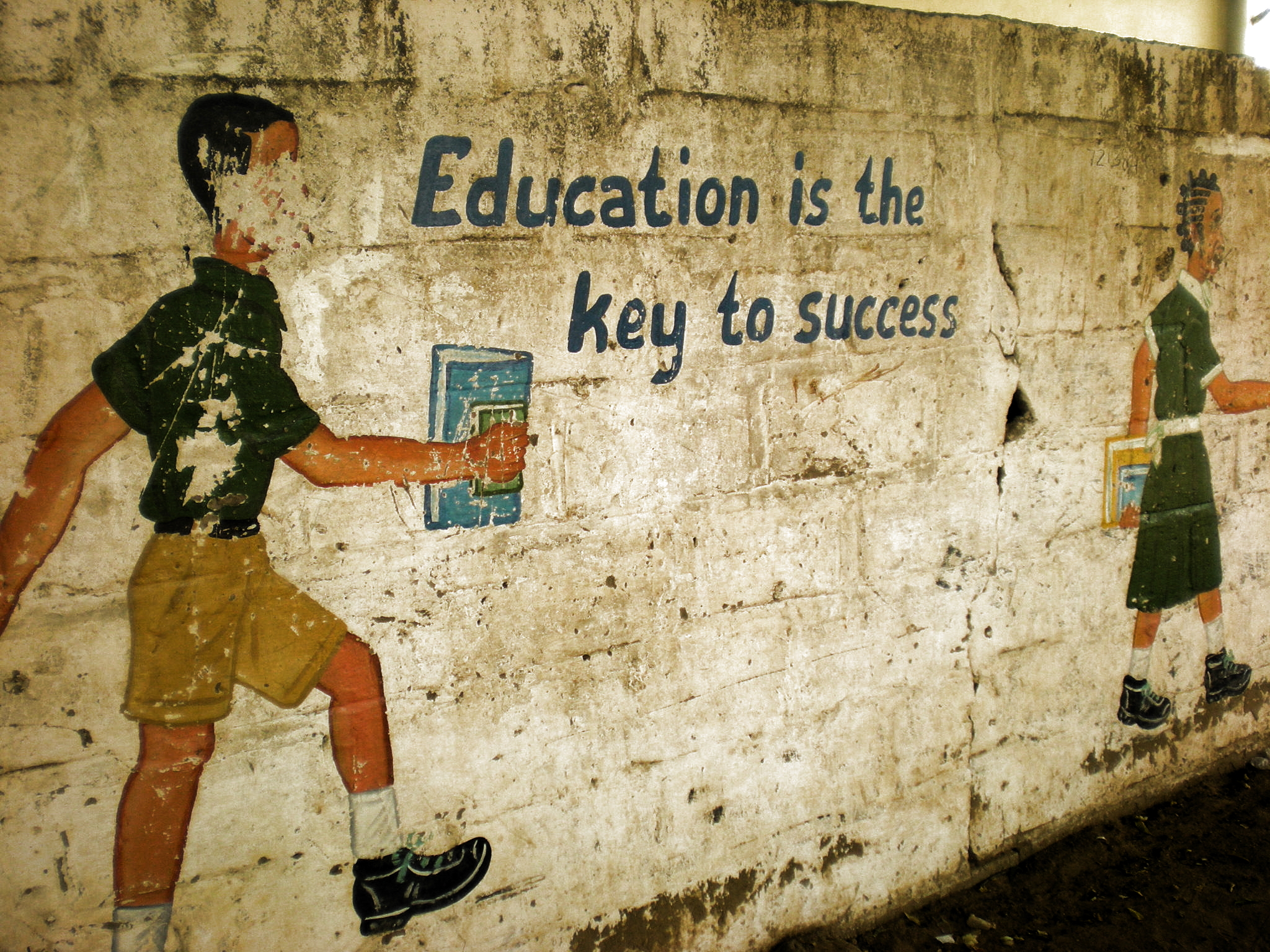 Children struggle to learn when they don’t have science labs and libraries. Learning becomes difficult in classrooms that are falling apart, or where children are expected to sit on the floor because they have neither desks nor chairs.
Children struggle to learn when they don’t have science labs and libraries. Learning becomes difficult in classrooms that are falling apart, or where children are expected to sit on the floor because they have neither desks nor chairs.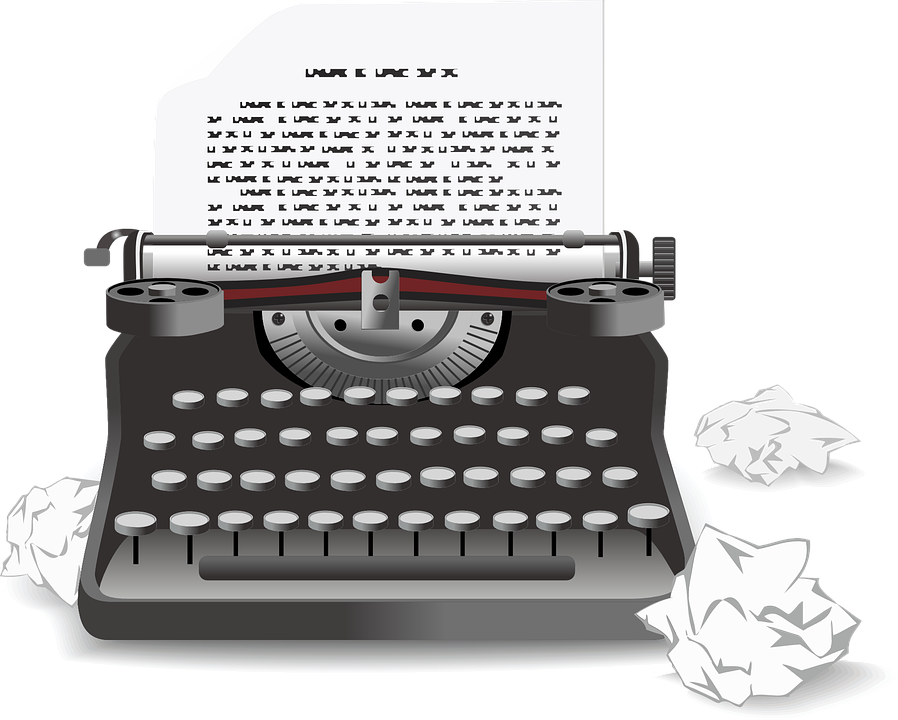 There’s only one week left to enter ECS’s Open Access Week Competition! Don’t forget to
There’s only one week left to enter ECS’s Open Access Week Competition! Don’t forget to  Here at ECS we are already preparing for
Here at ECS we are already preparing for